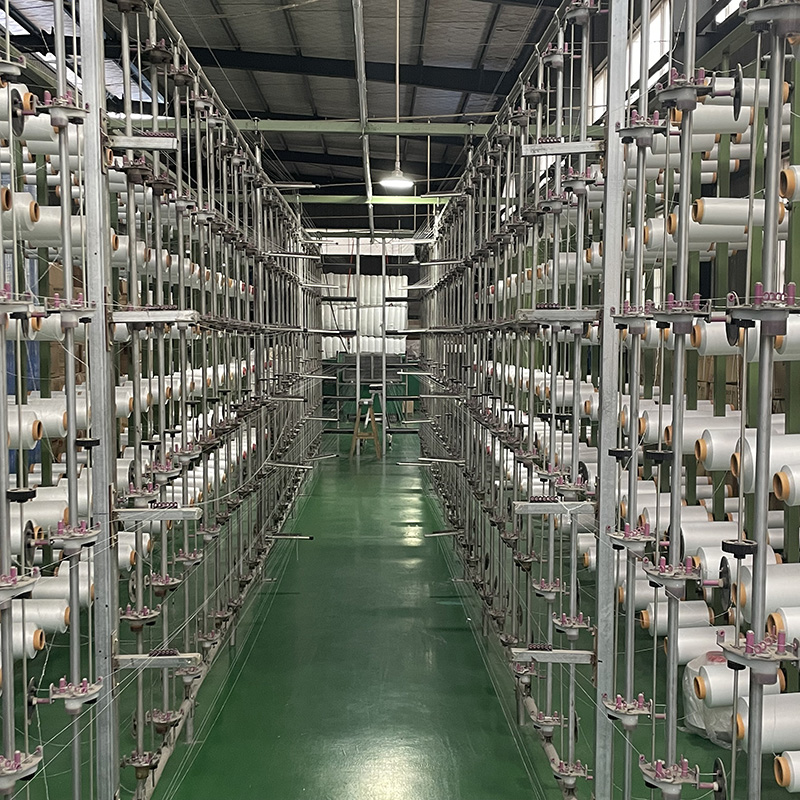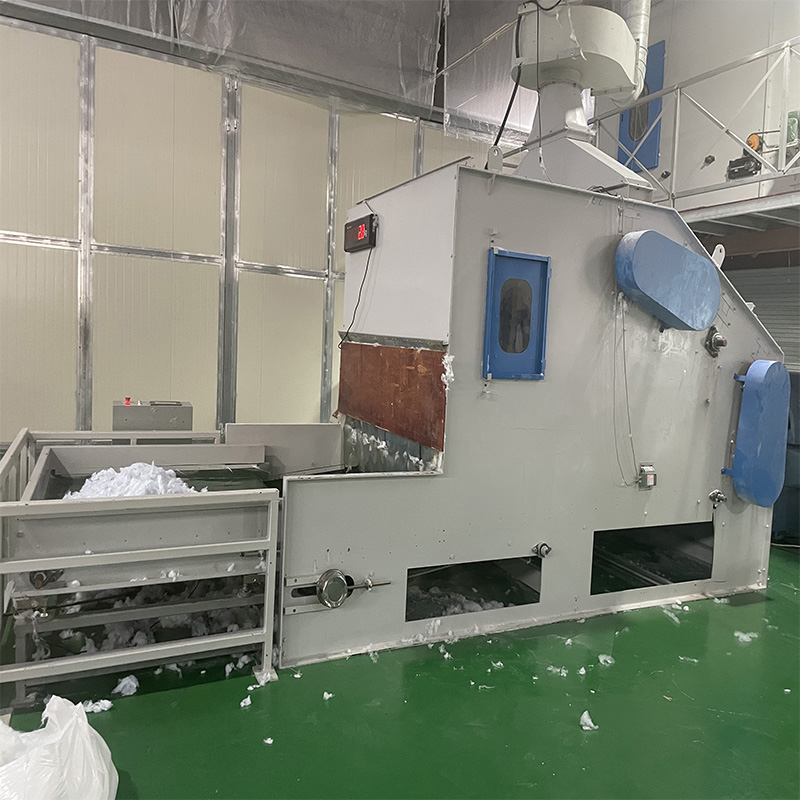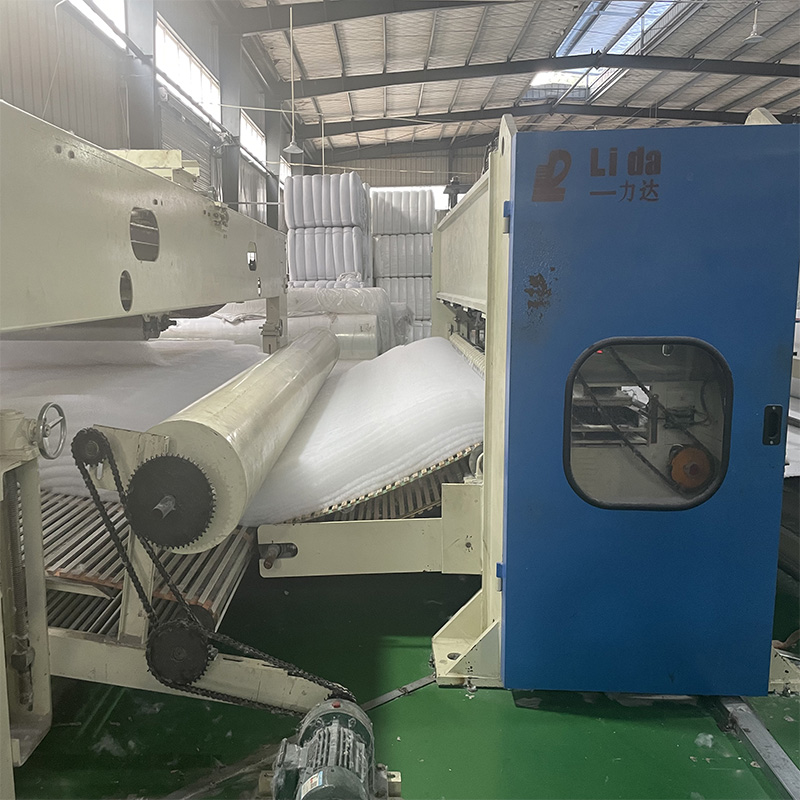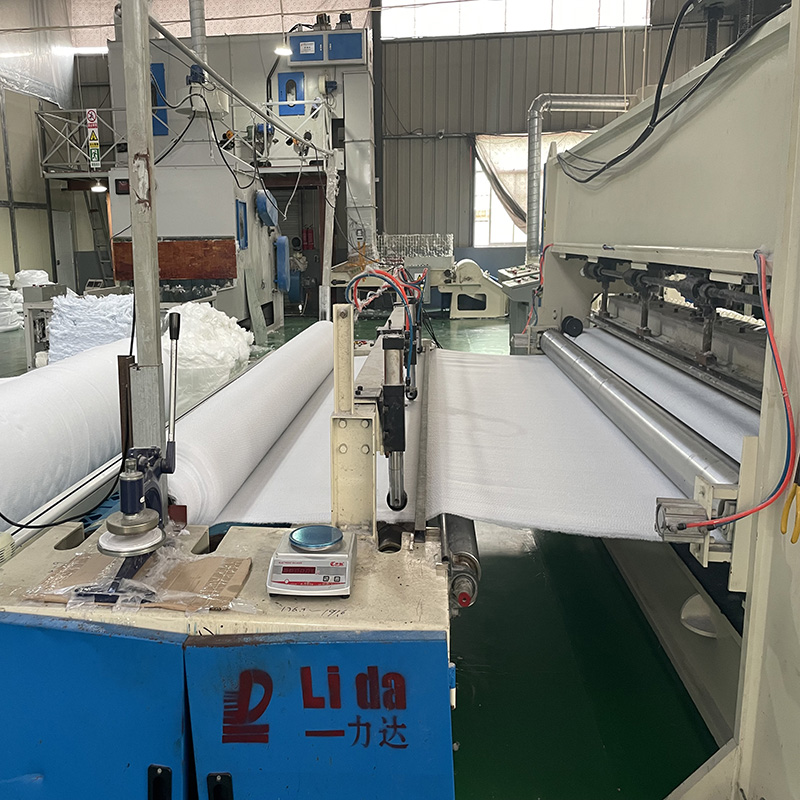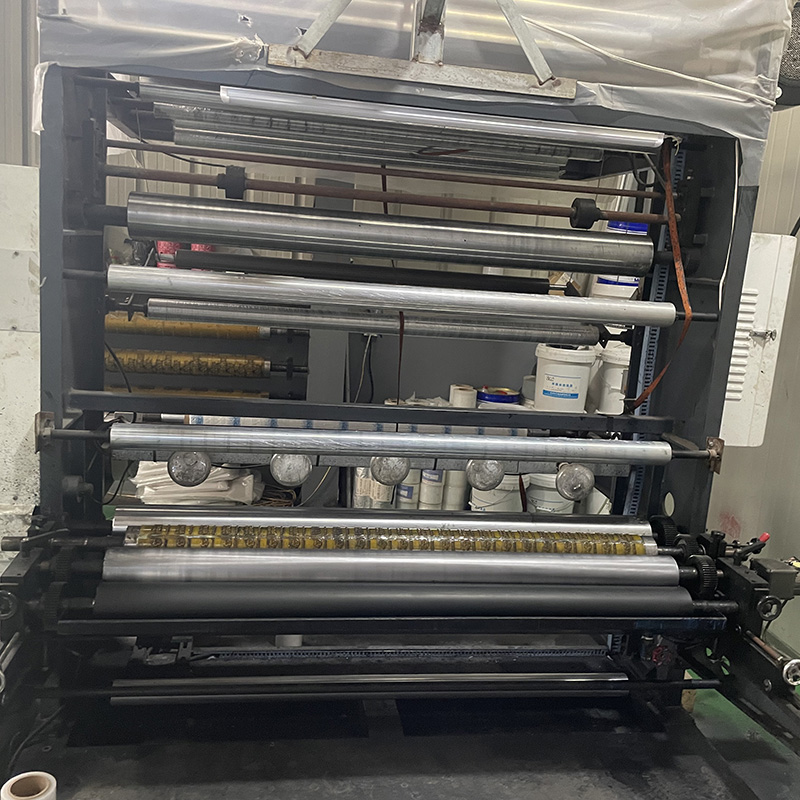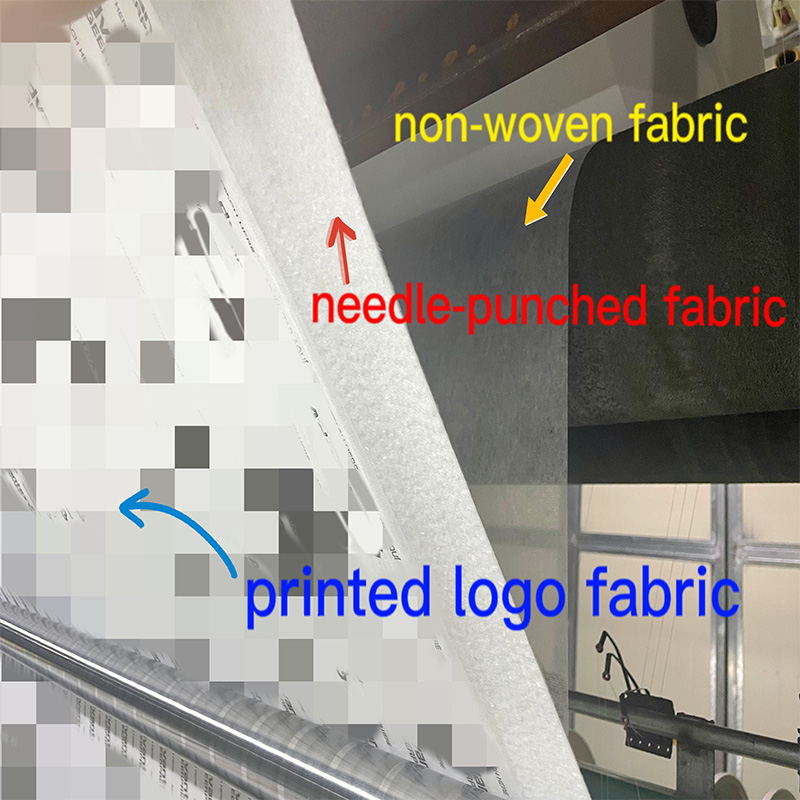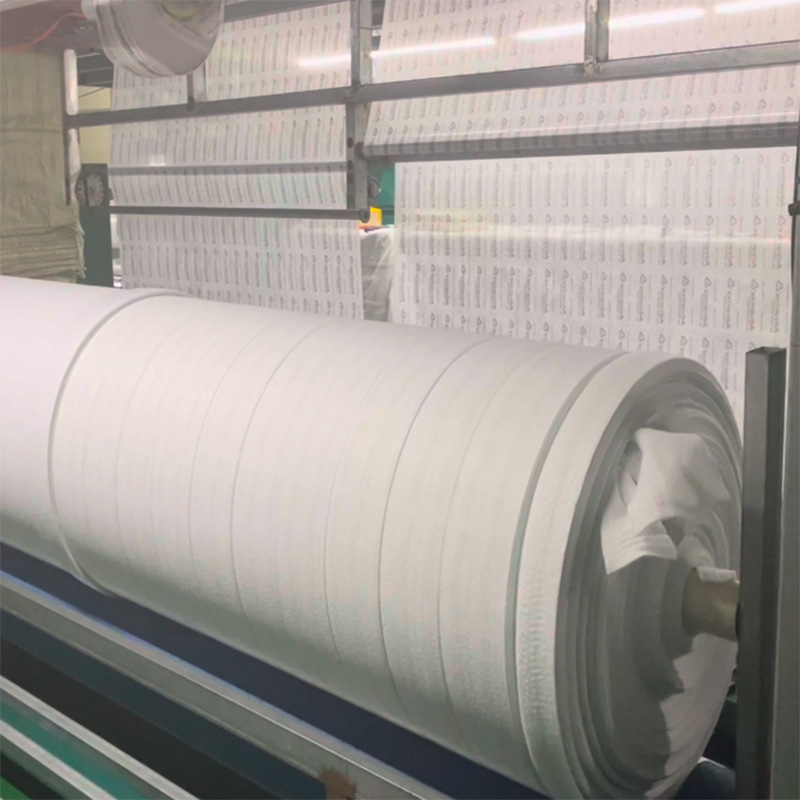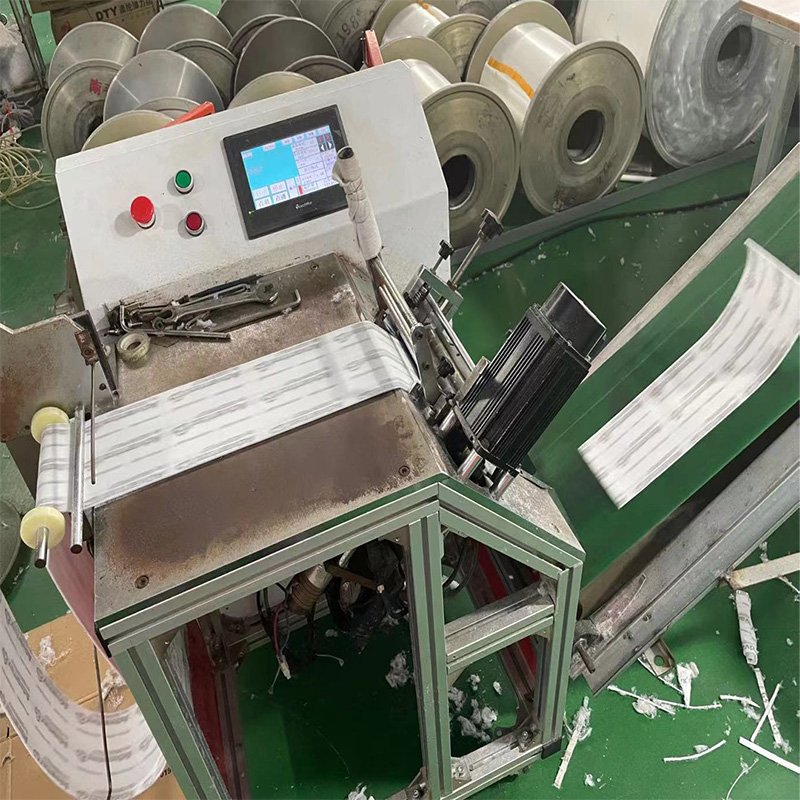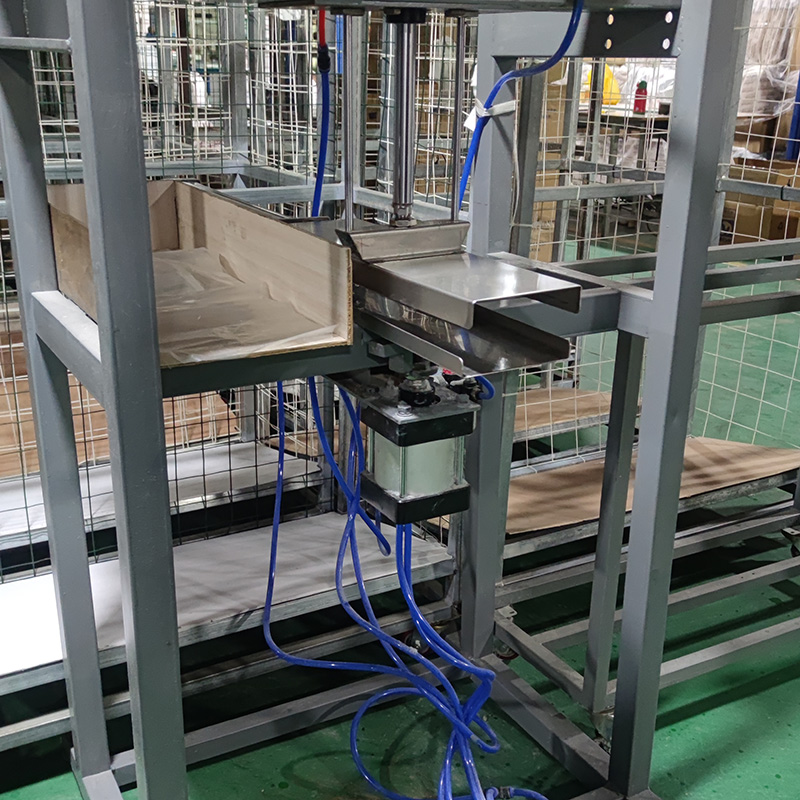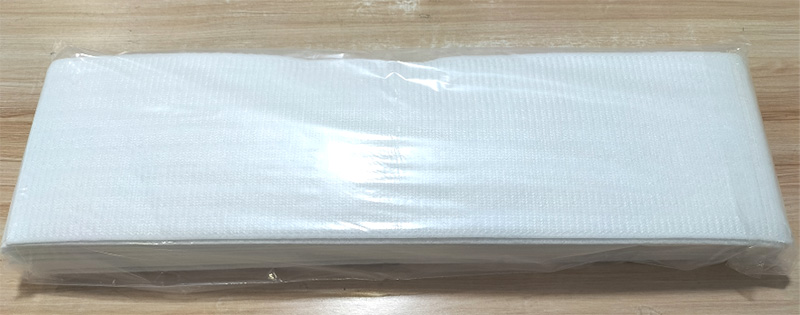As human civilization evolves, more and more people are paying more attention to the hygiene of the environments they are in, such as hospitals, schools, clean rooms, etc. People are also increasingly starting to use disposable products, such as microfiber disposable mop pad. Microfiber disposable mop mainly prevent infection and cross-contamination.
So how is microfiber disposable mop produced?
Sorting Yarn Room
The small rolls of raw yarn are arranged according to the process requirements onto a large reel head for weaving.
There are 176 rolls of yarn in the sorting yarn room.
The yarn is normally available in sizes 150D-288F and 75D-144F. The higher the specification, the thicker the yarn.
Combing Room
Multi-step process to fluff fibers with a combing machine.
There are two types of fibers: primary staple fibers and recycled staple fibers.
The whiteness of the finished mop pads can be adjusted by adjusting the ratio of the two types of fibers.
Adjust the thickness of the mop pad by the number of layers laid flat.
Needling Machines:
The combed fibers are transformed by the needling process into needled fabric.
Needle-punched fabric used as the middle fabric of the mop pad.
Printing Room
If a logo is to be printed on the back of the product, the logo should be printed on the non-woven fabric before weaving.
Because the printing ink has a curing agent in it, the logo will not disappear over time. Prints typically take between 7-15 days in plate making.
We will take the finished non-woven fabric for printing. Because the finished non-woven is not fuzzy, it even reaches a hygienic level.
Weaving Room
The mop pads are sewn together with yarns that have been finished in the sorting yarn room. In order to improve the quality, the weaving room must have
a constant temperature and humidity.
The weaving room can weave 80,000 mop pads a day.
Ultrasonic Slitting
Ultrasonic slitting produces mop pads that do not shed lint.
It can also be cut to length according to the customer’s requirements.
Packaging
Packaging is divided into vacuum packaging and compression packaging. Both types of them reduce the volume of the goods and reduce freight costs or
pack more.
Compression packaging is usually used. Vacuum packaging tends to leak air during transport, thus the carton to become inflated.
In this way, the production of microfibre disposable mop pad is completed.
Post time: Feb-24-2023
